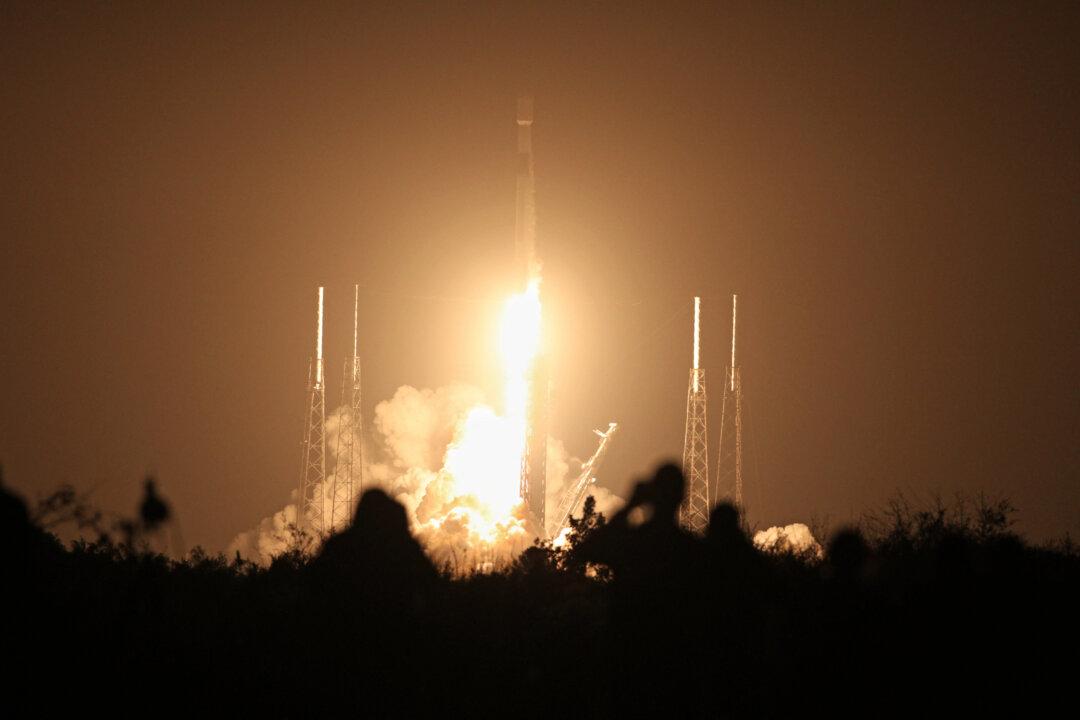International companies seeking space launch services should avoid partnering with Chinese entities, as China may use the commercial revenues to advance its space military development, warned Maj. Gen. Gregory Gagnon, deputy chief of space operations for intelligence at the U.S. Space Force.
Maj. Gen. Gagnon gave the warning during a panel discussion at the Air & Space Forces Association’s Warfare Symposium in Colorado on Feb. 13. He said a declining Russian space industry has allowed China to expand its commercial space launch businesses.




